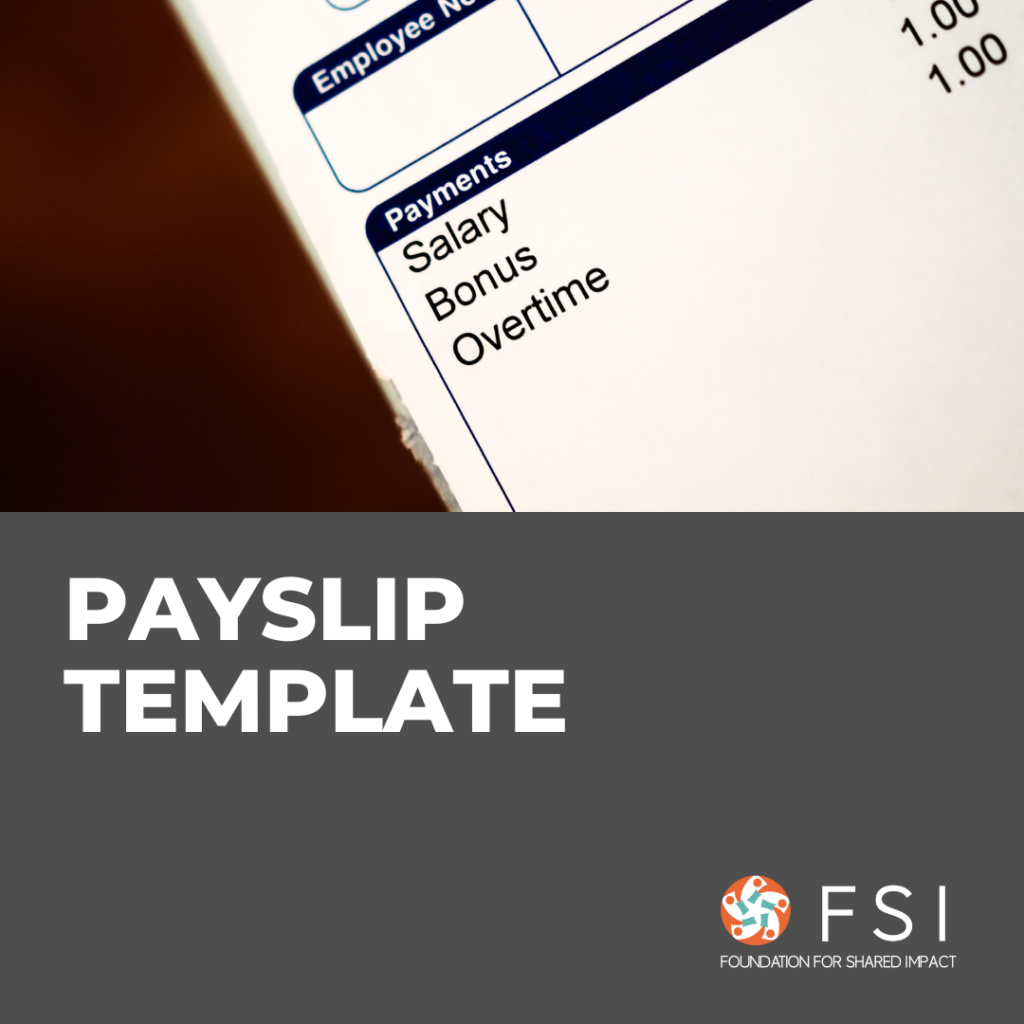Introduction to Annual Audit & Profit Tax
💡 Any company incorporated in HK must undergo an annual audit and has the obligation to pay profits tax. As per the Hong Kong Companies Ordinance (Cap.622), (the “Companies Ordinance”), an incorporated company in Hong Kong must undergo an annual audit by a practicing CPA (Certified Public Accountant).
What is auditing?
Auditing is defined to be the activity where an independent examination of the financial information provided by any entity, whether profit-oriented or not, takes place.
Auditing can be classified into several kinds, regarding its different purpose, including performance audits, quality audits, project audits, etc.
Why do you need auditing?
- To fulfill your legal obligation to be audited on an annual basis.
- To have an unbiased view of the overall health of your company’s financial condition, or that of a specific project.
- In the case of listed companies, to comply with the applicable rules of the relevant stock exchange(s).
Who is a Certified Auditor?
The certified auditors in Hong Kong are Hong Kong Certified Public Accountants, or in short CPA. They have studied and passed the necessary examinations which equip them with the skills needed to carry out a meticulous review of your financial statements.
Audit Compliance in Hong Kong
As per the Companies Ordinance, all incorporated companies in Hong Kong must undergo an annual audit by a practicing CPA.
In Hong Kong, the profits and taxes payable to the government are all based on the reviewed and audited financial statements, which ensures compliance with relevant laws. This regulation minimises the possibility that companies falsely state their financial conditions, either with intention or by negligence, which leads to a wrongly assessed tax amount.
Private companies and listed companies in Hong Kong usually prepare their financial statements using Hong Kong Financial Reporting Standards or International Financial Reporting Standards and arrange for auditing by Hong Kong audit firms registered with the Hong Kong Institute of Certified Public Accountants using Hong Kong Standards on Auditing or International Standards on Auditing.
For PRC-incorporated companies listed in Hong Kong, since December 2010, The Stock Exchange of Hong Kong Limited has moved to accept financial statements prepared under accounting standards in the PRC and audited by audit firms approved by the Ministry of Finance of China and the China Securities Regulatory Commission, using the PRC auditing standards.
What is Profits Tax Return (PTR)?
Profits Tax Return is a form required by tax compliance that every company should submit to IRD. The form files the assessable tax to the government based on the audited financial statements.
- A sample can be found here.
When is the Deadline?
The audited accounts are required to be submitted to the Inland Revenue Department together with your Profits Tax Return when this is due. Normally, you should be ready with your audited accounts at least one month before the Profits Tax Return (PTR) deadline to have some buffer of time.
PTR Calendar in Hong Kong
- The first PTR will be issued by IRD around 18 months after a new business is established. Thereafter, the PTR form will be issued at the beginning of April every year.
- Companies are normally required to file their profits tax within one month (i.e. April 30) from the issue.
- Upon application, the filing deadline for companies whose financial-yearend date falls on March 31, or December 31, can be extended. The following table summarises the extended deadlines.
| Fiscal year-end date | Extended PTR deadline | Therefore, prepare Audited Accounts by: |
|---|---|---|
| March 31 | November 15 | Early September |
| December 31 | August 15 next year | Early June |
| Other | April 30 (No extension) | Mid February |
- Block Extension Scheme for tax representatives
- Tax representatives may duly apply for the extension of PTR deadline for their clients. The calendar for the scheme may vary slightly from year to year.
- A 2021/22 PTR calendar is exemplified as follows.
| Last day of financial year falls within | Extended Tax filing deadline |
|---|---|
| April 1 ~ November 30 (N code) | 30 June 2022 |
| December 1 ~ 31 (D code) | 31 August 2022 |
| January 1 ~ March 31 (M code) | 15 November 2022 |
| January 1 ~ March 31(M code) and with a current year loss | 31 January 2023 |
Auditing Fees
In Hong Kong, an annual audit is normally charged from HK$3000 to HK$30000, according to the size and volume of the company’s accounts and transactions in question.
How to Find a Certified Auditor
You can visit the website of Hong Kong Institute of Certified Public Accountants and search from the directory of certified CPAs.
Documents Needed for Auditing
For a smooth auditing process, you need an organised library of the below:
- All financial statements and management accounts
- All sales invoices, consulting service invoices, and contracts
- All purchases invoices and subcontractor’s invoices
- Receipts for all expenses
- All bank statements
- All merchant account statements
- All other relevant documents
This means that it is extremely important that you manage your business’s bookkeeping and accounting process continuously, rather than postponing the homework near your audit deadline. We recommend you review and reconcile your bookkeeping records at least on a monthly basis.
The Auditing Process
A standard auditing process can be summarised as follows:
- A company submits all relevant documents (general ledger and the supporting documents such as files of invoices, receipts, payslips etc.) to the authorised auditor
- The auditor first grabs some understanding of the business through the main statements and the industry commonplace.
- After having an overall understanding of the business, the auditor begins with the large transactions to see whether there are irregularities.
- After investigating the main accounts, the auditor continues to go through other statements to verify the details, such as invoices and bank statements.
- After a thorough screening of the accounts and statements, the auditor gives his/her opinions on the company’s book.
- The auditor writes an audit report with regard to the company’s specific fiscal year, computes the tax payable, and completes the tax filings correspondingly.
The auditor’s report will contain the auditor’s opinion on the historical financial statements during the agreed audit period. There are four types of an auditor’s opinion:
- Clean Opinion / Unmodified Opinion: A clean opinion is also known as an unmodified opinion, indicating that the auditor has concluded that the information in the financial statements is free from material misstatement. The auditor may add a paragraph of “emphasis of matter” to draw the reader’s attention to a significant matter in the financial statements of which the readers should be aware.
- Qualified Opinion: A qualified opinion refers to a clean opinion subject to one or more exceptions. Those exceptions may indicate that the auditor does not have enough evidence to conclude on information in the financial statements about a particular matter or matters, or information in the financial statements about a particular matter or matters is not free from material misstatement. Such exceptions are limited to specific account balances, transactions or disclosures.
- Adverse Opinion: An adverse opinion indicates that the auditor has concluded that there are material and pervasive misstatements of the information in the financial statements that undermine the reliability of the financial statements as a whole.
Disclaimer of Opinion: A disclaimer of opinion means that the auditor is unable to form a conclusion because the auditor is unable to obtain enough evidence about whether there are misstatements of information about matters in the financial statements that are potentially material and pervasive, which in other words indicate that the financial statements may not be, or are not, free from material and pervasive misstatements.
After Audits
Approval and Presentation of the Financial Statements
Under section 436 of the Companies Ordinance, the auditor’s report shall be attached to the financial statements of the Company. According to section 387 of the Companies Ordinance, the statement of financial position that forms part of the financial statements must be (1) approved and signed by the directors of the company and (2) laid before the company’s general meetings or sent, circulated, published to the shareholders of the company. Failure to do so would subject the company to an offence and a fine at level 4 (currently at HK$25,000, as set out in Schedule 8 to the Criminal Procedure Ordinance (Cap. 221)).
Filing of the Financial Statements with the IRD as part of the PTR
After the auditor finishes the audit report and the tax form, they will be submitted to the Inland Revenue Department (IRD) together with Profits Tax Return (PTR). After due review of the audit report, IRD will notify the company of the assessable tax amount and the payment schedule.
It is highly recommended to plan your next auditing ahead of time so that sufficient time is left for auditors to perform the reviewing processes and complete the tax filings.
Maintaining a Record of the Financial StatementsIn accordance with sections 373-378 of the Companies Ordinance, a company is Hong Kong is required to keep the accounting records at its registered office or any other place that its directors think fit , for 7 years after the end of the financial year to which the last entry made relates. On application by a director of a company, the court may by order authorise a person to inspect the company’s accounting records on the director’s behalf.
Appendix I: Exemption of Profits Tax Auditing requirements
- Your company is deemed “dormant” (”Having no relevant accounting transactions”).
- Your company is incorporated in a jurisdiction where an audit is not legally obligated.
- Your company is a branch of foreign company and audit for worldwide accounts has been made by your headquarter. You should submit the returns with the following information:
- Place where your company is incorporated
- Whether under that jurisdiction, an audit for worldwide accounts is a statutory requirement
- Whether the audit has been conducted
- A summary of the financial and accounting records maintained by the Hong Kong branch
- Certified copy of the financial and accounting records.
Additional Readings:
Disclaimer:
This guide has been drafted with the support of White & Case. The information provided on this website does not, and is not intended to, constitute legal advice or as a substitute for the particularized advice of your own counsel. All information, content, and materials available on this website are for general informational purposes only, and they may not constitute the most up-to-date legal or other information. This website contains links to other third-party websites, and such links are only for the convenience of the reader, user or browser. These links to third-party websites or information are not intended as, and should not be interpreted by you as, constituting or implying our endorsement, sponsorship, or recommendation of the third party information, products, or services found there.
Last updated on 27 Sep 2022



